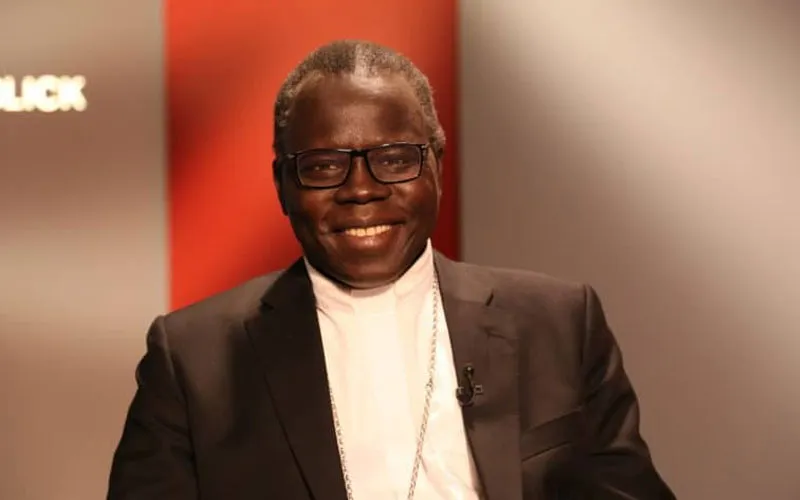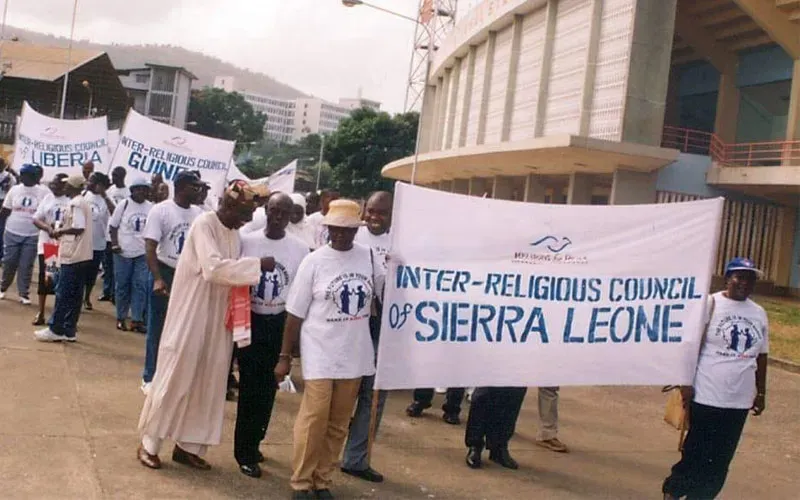“In the meantime, the government has begun to build new streets and new hospitals. I believe that these are the fruits of our dialogue,” he said in the interview with ACN.
Archbishop Ameyu was asked whether leaders in South Sudan, who “started out as warlords were taking their leadership responsibility seriously.”
He said, “Those who hold responsibility are gradually realizing that it is not in their interest to continue to act irresponsibly. As a Church, we can make them more aware of their responsibility. President Salva Kiir Mayradit has told us that he is not planning to return to war. I hope that he told us the truth.”
The Archbishop said that the Conference of Bishops has set up departments for justice and peace in all Dioceses where the people are educated on the importance of unity and collaboration.
The efforts of the Church, he said, are however thwarted by the mindsets of the people who he said tend to be tribal in their interactions.
(Story continues below)
“Our problem is the tribal mindset, or tribalism, which has destroyed our social fabric. We are working hard to bring about a change in our people through reconciliation and dialogue and help the people understand that we are all brothers and sisters,” the Catholic Archbishop said.
He further said that though Sudan and South Sudan are now different countries, Catholic Bishops in the two countries are still working together to address the issues that affect the people of God, a collaboration realized through the Sudan Catholic Bishops’ Conference (SCBC).
“The Bishops of the North and of the South stand together. This unity allows us to put our heads together and pool our ideas as to how we can solve the most pressing problems in Sudan and South Sudan,” Archbishop Ameyu said, and added, “We are trying to exert pressure on our governments. They must change their attitude towards the people.”
Asked how the West can most effectively help the people of God in South Sudan, the Archbishop who has been at the helm of Juba Archdiocese since March 2020 said, “I most urgently call for continued support in the area of education. Education is of utmost importance.”
“The country is currently affected by severe famine. Even a little financial aid goes a long way, for example to build houses in our Parishes,” the Archbishop who will turn 58 in January said.
He added, “I am grateful to Aid to the Church in Need for giving us a platform to talk about our hardships and concerns. I thank all benefactors for their help.”
Agnes Aineah is a Kenyan journalist with a background in digital and newspaper reporting. She holds a Master of Arts in Digital Journalism from the Aga Khan University, Graduate School of Media and Communications and a Bachelor's Degree in Linguistics, Media and Communications from Kenya's Moi University. Agnes currently serves as a journalist for ACI Africa.








